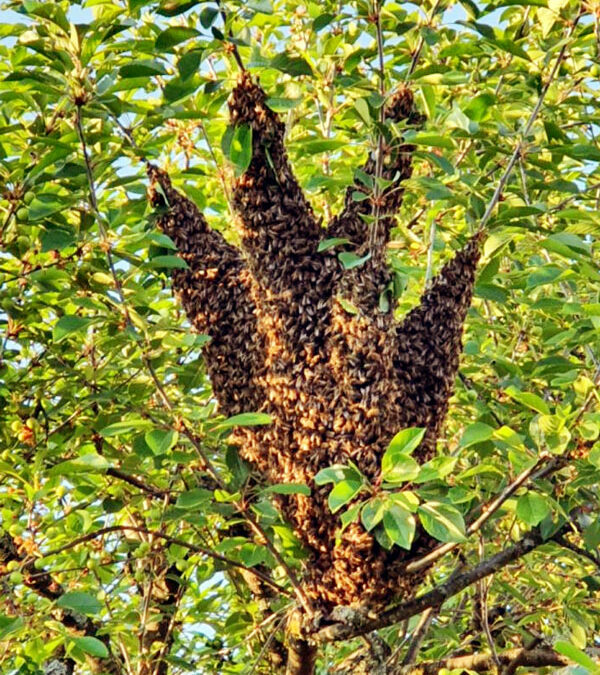In June, beekeepers in Northern California have several tasks to attend to in order to ensure the well-being of their beehives. Here are some activities you can consider:
- Hive inspections: Conduct regular inspections of your beehives to assess the overall health and productivity of the colonies. Look for signs of disease, pests, or any other issues that may require attention.
- Super placement: As the nectar flow typically peaks during June in Northern California, consider adding supers (additional hive boxes) to provide extra space for the bees to store honey. Make sure the existing supers are not overcrowded and add new ones as necessary.
- Swarm prevention: With the peak season for swarming underway, monitor your hives closely for signs of swarm preparation. If you notice queen cells or overcrowded conditions, take appropriate measures to prevent swarming, such as performing a split or adding more space.
- Pest management: Stay vigilant against common pests like Varroa mites. Monitor mite levels regularly and implement appropriate treatments if necessary. Also, keep an eye out for other pests like wax moths and small hive beetles.
- Water sources: Ensure there is a consistent and accessible water source near the beehives. Bees require water for cooling the hive and diluting honey stores, so providing a nearby water supply can help prevent them from seeking water elsewhere, potentially causing problems for neighboring areas.
- Honey extraction: If conditions are favorable and the honey supers are full, you may consider harvesting honey during June. Follow proper extraction techniques and hygiene protocols to maintain the quality of your honey.
- Queen management: Evaluate the performance of your queens. If you have weak or underperforming queens, consider requeening the colonies to maintain strong and productive colonies.
- Record keeping: Keep detailed records of hive inspections, honey yields, and any other relevant information. Good record keeping will help you track the progress of your colonies and make informed decisions in the future.

